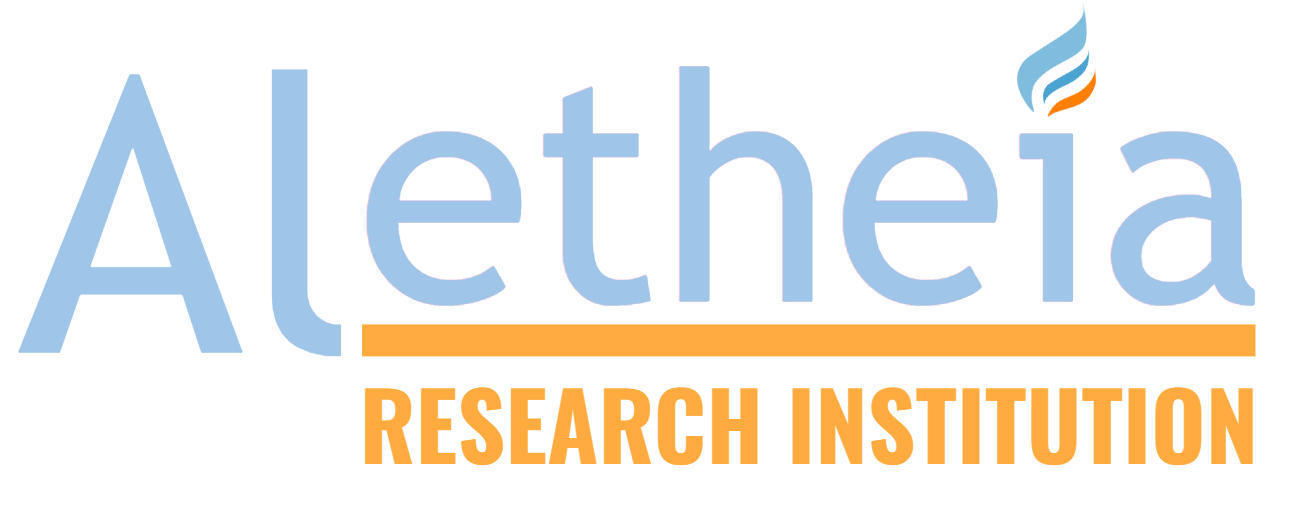What is MINDS?
The Mindfulness Inventory and Needs Discovery for Students research study, known as ‘MINDS’, examines how perceived mindfulness and mindfulness behaviors may affect student performance. This study is currently being piloted in universities and high schools across Germany and the United States, with aims for further expansion in different countries. The results from this study could contribute to mindfulness interventions in the education system to influence student performance, as well as provide the foundations for measuring mindfulness universally across different cultural contexts.
The Problem
Mindfulness refers to one’s ability to bring into focus a single task or topic. For students, the ability to focus is critical to their academic careers, while there is an ever-evolving amount of stimuli vying to attract their attention. The issue is further exacerbated by the current pandemic where education shifts from the classroom to digital formats. The MINDS research study will assess the factors related to mindfulness that affect student performance, which could provide insights that would benefit educational systems to improve cognitive function and productivity.
Project Background
MINDS is an evolution from a joint research project that examined the relationship between scholastic achievement and mindfulness among university students in five countries. Aletheia’s board member Prof. Dr. Jennifer Pédussel Wu was a driver of the joint research project which was published in the International Review of Economics Education. Prof. Dr. Pédussel Wu, teamed up with another Aletheia board member, Sofoklis Goulas, PhD., to use the first project’s findings and continue research in the field of mindfulness and its connection to student performance. The two are supported in terms of research, management and instrument design by several team members of Aletheia.
A survey instrument has been sent to students at three universities in Germany and a modified version of the survey instrument will also be distributed in high schools in Berlin and Pennsylvania. The goal is to develop a database with participation from universities and high schools globally as funding is acquired. These surveys are fully compliant with data protection regulations and ethical data collection considerations in Europe and the USA.
Proposed Solution
The MINDS Lab research cooperates with educational institutions to disseminate an instrument survey to students. The survey asks specific questions regarding the student’s background, their perception of their own mindfulness, mindfulness habits, as well as modified questions depending on if students are high school or university students. These surveys are then cross examined with their anonymized grades, if the cooperating educational institution allows, or the students perceived performance. The results would indicate which factors of mindfulness contribute to scholastic achievement.
